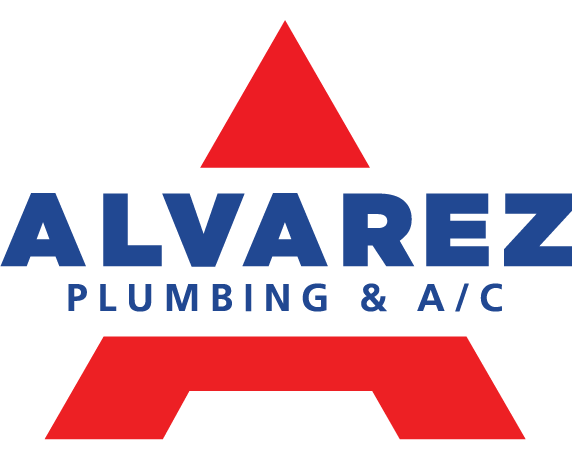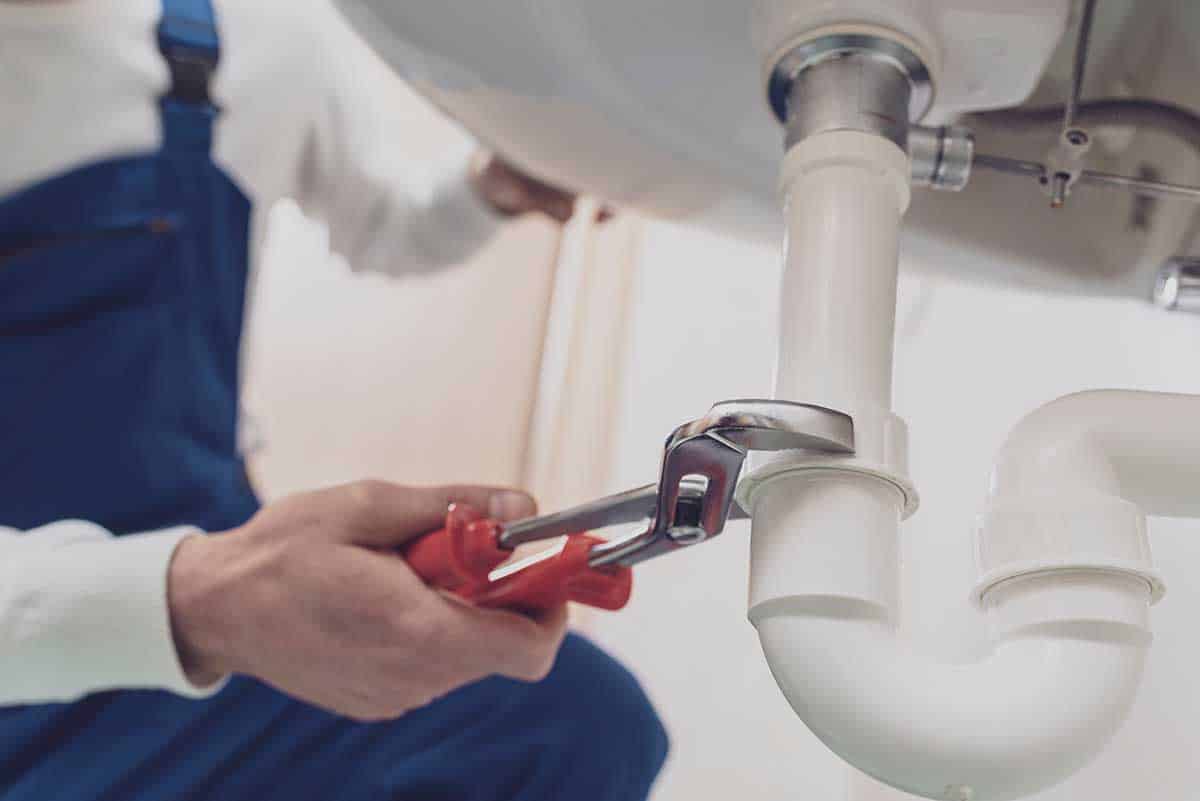Owning a home comes with its fair share of responsibilities, and one crucial aspect that often gets overlooked is plumbing maintenance. Taking proactive measures can save you from costly repairs and water damage down the line. In this blog post, we’ll explore the preventive plumbing measures that homeowners can undertake on their own and the tasks best left to the hands of a professional plumber.
I. Homeowner Responsibilities:
Regular Inspections:
- Homeowners should conduct regular visual inspections of plumbing fixtures and exposed pipes.
- Look for signs of leaks, corrosion, or water stains, and address any issues promptly.
Drain Maintenance:
- Avoid pouring grease or oil down the drains to prevent clogs.
- Use drain screens to catch hair and debris, minimizing the risk of blockages.
Water Heater Maintenance:
- Flush the water heater regularly to remove sediment buildup, ensuring optimal efficiency.
- Check for any signs of leaks or corrosion in the water heater tank.
Preventing Frozen Pipes:
- Insulate exposed pipes in cold areas to prevent freezing during winter.
- Disconnect garden hoses and shut off outdoor faucets before winter to avoid burst pipes.
Caulking and Sealing:
- Regularly inspect caulking around sinks, tubs, and showers, and reapply as needed to prevent water seepage.
- Seal gaps and cracks in the foundation to keep pests out and prevent water damage.
Soft Water Systems:
- Consider installing a water softener to reduce mineral buildup in pipes and appliances.
- Soft water can extend the lifespan of plumbing fixtures and improve overall efficiency.
II. Professional Plumbing Maintenance:
Sewer Line Inspection:
- Schedule periodic sewer line inspections with a professional plumber to detect potential issues like tree root intrusion or blockages.
- Addressing problems early can prevent costly sewer line repairs.
Leak Detection and Repair:
- Professionals use advanced tools like leak detectors and thermal imaging to identify hidden leaks.
- Swift repair of leaks prevents water damage and mold growth.
Water Pressure Regulation:
- Plumbers can install or adjust pressure regulators to maintain optimal water pressure throughout the home.
- High water pressure can damage pipes and appliances over time.
Pipe Inspections with Cameras:
- Utilize video camera inspections to thoroughly inspect the inside of pipes for blockages, cracks, or other issues.
- This technology allows for accurate diagnosis and targeted repairs.
Water Heater Servicing:
- Plumbers can perform comprehensive water heater maintenance, including flushing, element inspection, and thermostat calibration.
- Professional servicing extends the lifespan and efficiency of the water heater.
Conclusion: Regular plumbing maintenance is a shared responsibility between homeowners and professionals. While homeowners can handle routine tasks, such as drain maintenance and basic inspections, it’s crucial to enlist the expertise of a professional plumber for more complex issues. By staying proactive and investing in preventive measures, homeowners can avoid unexpected plumbing emergencies and ensure the longevity of their plumbing systems.




Recent Comments